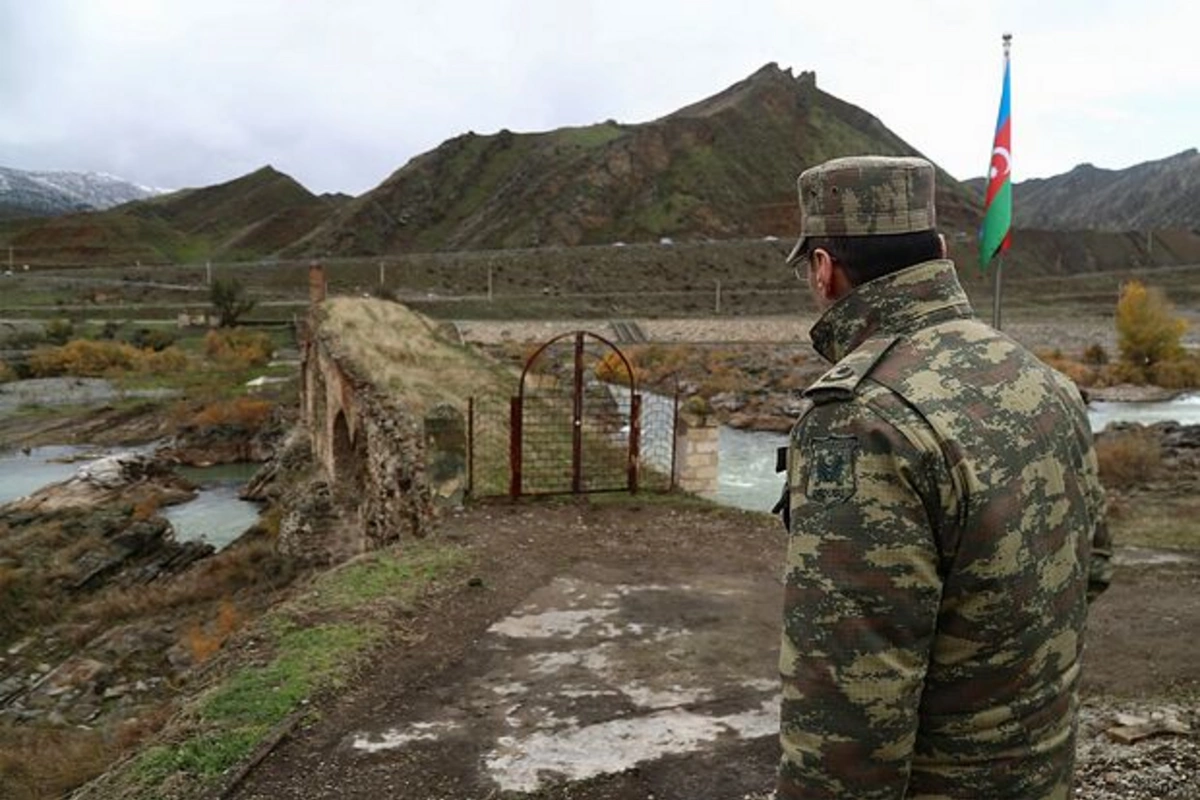
Border delimitation between Azerbaijan and Armenia is one of the main issues whose resolution will impact not only stability in the South Caucasus but also the creation of a new regional security agenda.
On November 1, 2024, another meeting between the border delimitation commissions of Azerbaijan and Armenia took place along their shared border. Chaired by Azerbaijan’s Deputy Prime Minister Shahin Mustafayev and Armenia’s Deputy Prime Minister Mher Grigoryan, this tenth meeting could serve as an important milestone on the road to long-awaited regional stability.
Border delimitation between Azerbaijan and Armenia is one of the main issues whose resolution will impact not only stability in the South Caucasus but also the creation of a new regional security agenda. Disputes over borders have complicated relations between the two countries since independence, and the growing need for clear boundaries and infrastructure restoration makes such meetings even more essential.
The agreement signed on August 30, 2024, establishing the framework for the work of the delimitation commissions, laid the groundwork for current cooperation. Both parties announced that they had completed domestic procedures, and as of November 1, 2024, the document is now in force. This is a significant step, reflecting Azerbaijan’s and Armenia’s readiness to create more predictable and transparent borders.
During the meeting, both sides discussed priority sections of the border that will undergo initial delimitation. This structured approach aims to reduce potential disagreements and prevent unforeseen incidents along the contact line. The parties also exchanged drafts of guidelines to set technical parameters for the work—a crucial process for ensuring reliable and precise borders.
Furthermore, the framework and sequence of future actions were outlined, allowing for effective coordination in disputed areas. Azerbaijan, approaching delimitation with an emphasis on security and stability, strengthens its standing as a responsible and reliable partner. This constructive stance builds confidence in Azerbaijan among international organizations and neighboring countries—especially significant amid rising regional tensions.
After the official discussions on borders, the deputy prime ministers from both countries focused on transportation issues. The development of transportation infrastructure between Azerbaijan and Armenia is key to strengthening economic ties and facilitating the free movement of goods and people. Restoring and developing transport routes will open up opportunities for regional market integration, generate jobs, and foster economic growth, directly benefiting both countries.
Through such initiatives, Azerbaijan reinforces its role as the primary transportation hub of the South Caucasus, ensuring access to international trade routes connecting East and West. Addressing transportation projects as part of the border delimitation process underlines both sides’ pragmatic approach and desire not only to resolve conflicts but also to promote tangible economic gains.
The parties agreed to hold the next meeting and to coordinate its date and location to maintain a consistent dialogue. This approach indicates that both sides are committed to stable and systematic cooperation.
Azerbaijan has once again demonstrated its leadership in promoting peaceful resolution and enhancing cooperation in the South Caucasus. Each successful stage of border delimitation is a step towards long-term stability, reinforcing Azerbaijan’s role as a stable and responsible regional partner.
Thus, the ongoing border delimitation process could mark a starting point for sustainable peace and progress, providing Azerbaijan and Armenia with an opportunity for mutually beneficial cooperation and security. Border delimitation not only strengthens security but also creates new opportunities for economic cooperation between Azerbaijan and Armenia. Establishing stable and clear borders improves the business environment and attracts foreign investment, which can drive infrastructure and logistics development across the region. This process underscores the importance of dialogue and mutual understanding as foundations for building trust and lasting peace.
Share on social media